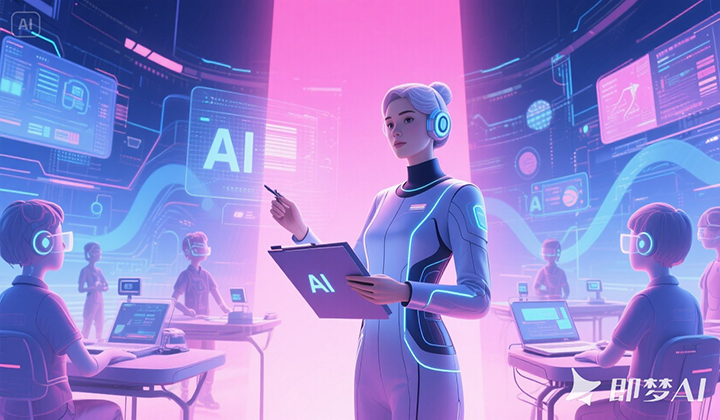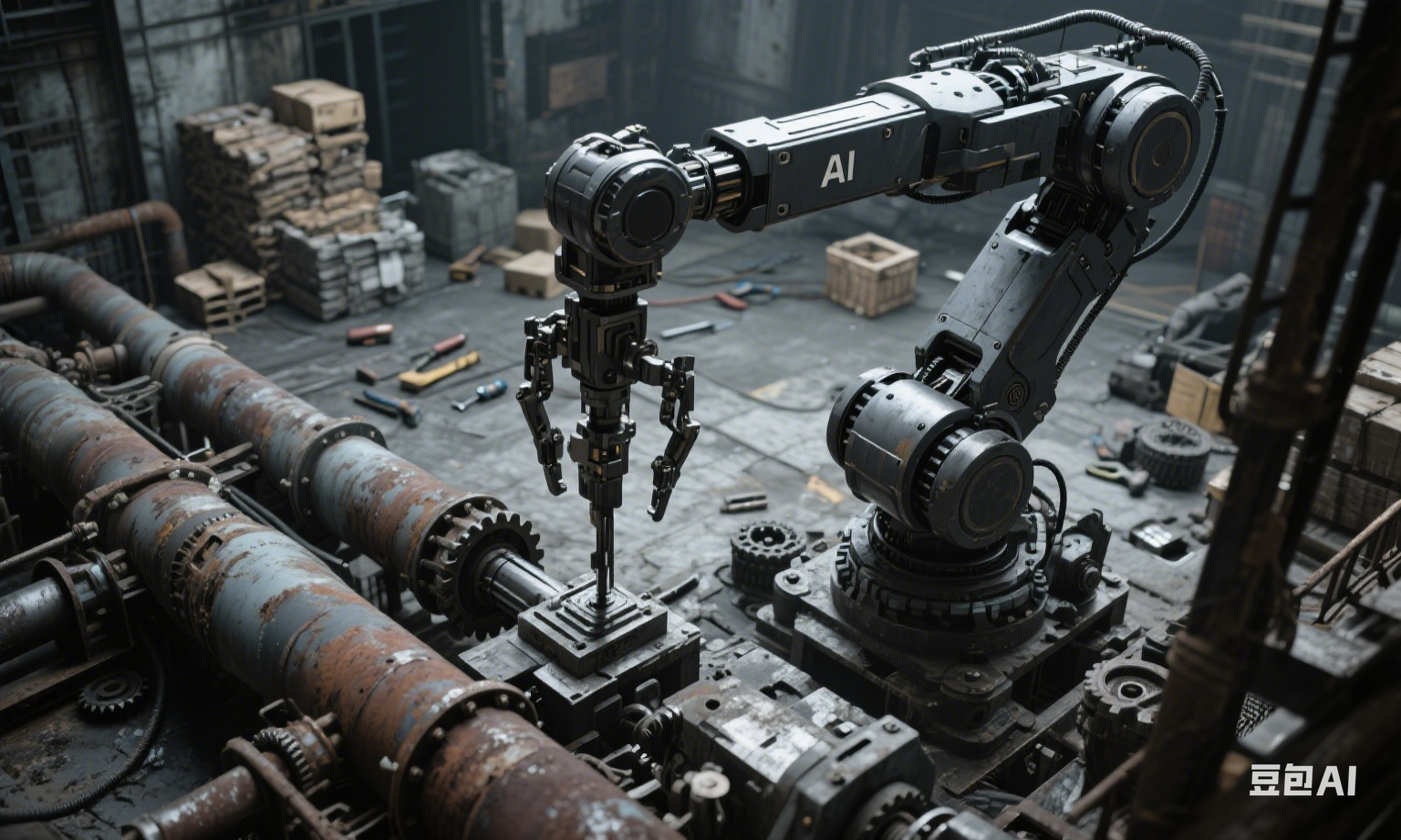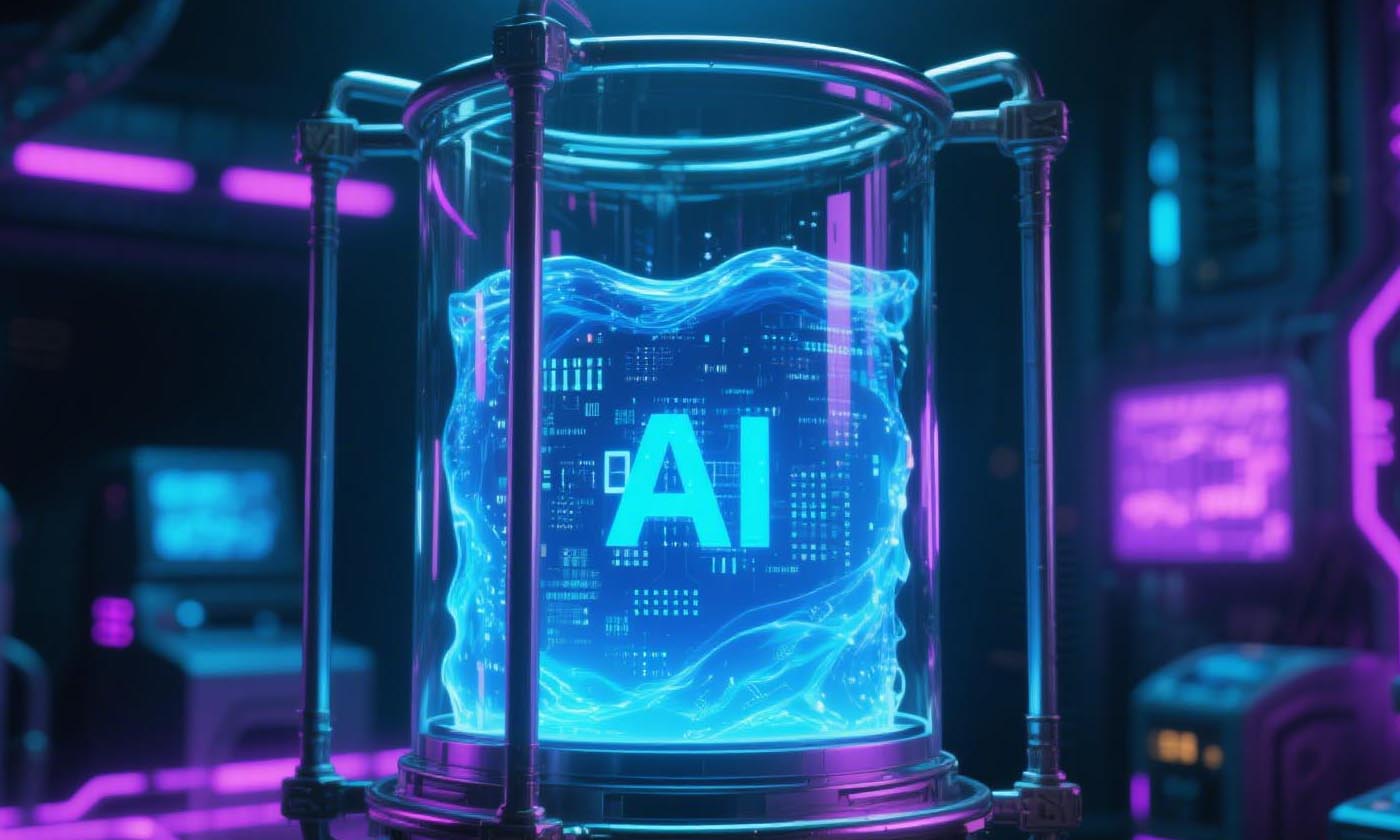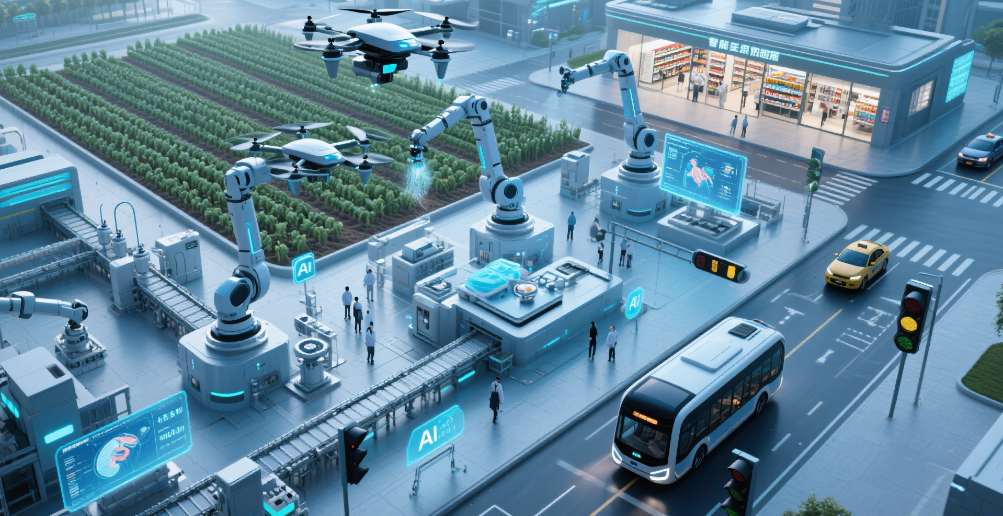AI Agents: Revolutionizing Consumer Electronics through Intelligent Personalization
When smartphones adjust display brightness based on user's circadian rhythm, and smartwatches proactively suggest workout plans according to sleep quality—these scenarios mark the transformation of consumer electronics from "fixed-function devices" to "intelligent companions." Aoyuan Cloud Innovation’s Ptalk AI leverages the technical framework of "ultra-miniature AI chips + adaptive learning algorithms + open customization platforms" to drive smartphones, wearables, and home devices to break through traditional functionality, creating a new landscape of "consumer electronics as personalized services" in smart living, health management, and mobile productivity.
1. Ultra-Miniature AI Core: Empowering Devices with Context-Aware Intelligence
Traditional consumer electronics suffer from limited personalization due to hardware constraints. Ptalk AI’s breakthrough lies in creating a "pocket-sized intelligent brain":
-
Nano-scale AI Chip: The 15mm×20mm eleventh-generation module integrates a low-power NPU, maintaining 98% recognition accuracy in noisy environments with only 50mW power consumption. It supports 0.5-second response for real-time interaction, enabling smartphones to recognize user voices in crowded subways and smartwatches to detect workout status in real time. With 800+ built-in personalized service templates, devices can generate customized recommendations even in offline scenarios, solving latency issues caused by cloud dependency.
-
Adaptive Life Learning Algorithm: The dynamic profiling system based on continuous user behavior analysis supports 48-hour rapid modeling—analyzing "reading habits before sleep" for smartphone users, identifying "morning exercise preferences" for smartwatch wearers, and learning "entertainment preferences" for home device users. The algorithm improves personalization accuracy by 75% through continuous adaptation to lifestyle changes.
-
Seamless Upgrade Solution: Universal Upgrade 3.0 technology is compatible with 95% of consumer electronics interfaces, allowing manufacturers to upgrade ordinary earbuds into "intelligent listening assistants" within two weeks without redesigning products, reducing R&D costs by 60%. A leading smartphone brand saw a 40% increase in user engagement and 15 daily personalized interactions after integrating the solution.
2. Scenario Personalization: From "Generic Tools" to "Lifestyle Partners"
AI agents drive the intelligent transformation of consumer electronics across scenarios:
-
Smart Mobile Devices: Smartphones embedded with Ptalk modules evolve from "communication tools" to "personal digital assistants"—automatically adjusting screen color temperature based on user's daily routine (e.g., warmer tones for bedtime reading), proactively pushing traffic updates when detecting regular commute times, and optimizing app layouts according to usage frequency. Users report a 35% reduction in daily operation steps and a 28% increase in task completion efficiency.
-
Wearable Health Devices: Smartwatches become "personal health coaches" with AI agents—analyzing sleep stages through heart rate variability, suggesting stress-relief exercises when detecting prolonged work focus, and generating personalized nutrition plans based on activity levels. A fitness tracker manufacturer achieved a 65% increase in user retention and a 42% improvement in health data utilization after implementation.
-
Intelligent Home Equipment: Smart speakers upgraded with AI agents transform into "home lifestyle managers"—learning family members' music preferences to create personalized playlists, adjusting air conditioner settings based on real-time weather and occupancy, and reminding users to water plants when soil moisture sensors detect dryness. Home device interaction rates increased by 55%, and energy consumption decreased by 22% in pilot households.
3. Ecosystem of Personalization: Building a Network of Intelligent Companions
Ptalk AI promotes the evolution of consumer electronics from single-device intelligence to ecosystem collaboration through an open ecosystem:
-
Zero-Code Personalization Platform: MyAgent Creator 2.0 supports drag-and-drop customization, enabling brands to develop exclusive AI companions in 3 hours—smartphone manufacturers creating "study focus assistants," wearable brands building "sleep improvement coaches," reducing development costs by 80%. The platform hosts over 10,000 new personalized applications monthly.
-
Cross-Device Contextual Collaboration: In smart living scenarios, data synchronization among smartphones, wearables, and home devices triggers contextual services—when a smartwatch detects elevated heart rate during exercise, the smartphone automatically plays energizing music, and the home air conditioner pre-cools the living room. In mobile productivity scenarios, voice commands like "prepare meeting materials" coordinate tablet, laptop, and smart printer to generate customized documents, saving 25 minutes per task on average.
-
Privacy-Centric Personalization: Federated learning ensures 100% local data processing for user behavior patterns, with zero upload of smartphone usage habits or wearable health data. Personalization quality monitoring models achieve 98.5% accuracy in content recommendations and 92% relevance in service suggestions, balancing personalization and privacy.
Conclusion: Redefining the Relationship between Users and Devices
From feature-rich gadgets to intuitive lifestyle partners; from passive function executors to proactive need anticipators—Ptalk AI’s practice reveals that the future of consumer electronics lies in "intelligent personalization." When devices can understand users' unique habits, anticipate unspoken needs, and collaborate across ecosystems to deliver seamless experiences, they transform from "tools" into "companions" that enhance daily life.
In the era of intelligent living, Ptalk AI is making every consumer electronic device an "intelligent companion" through technological innovation. This is not just a product upgrade but a redefinition of human-device interaction—future electronics will no longer be generic commodities but personalized partners that understand, adapt to, and grow with users, continuously creating value tailored to individual lifestyles.












